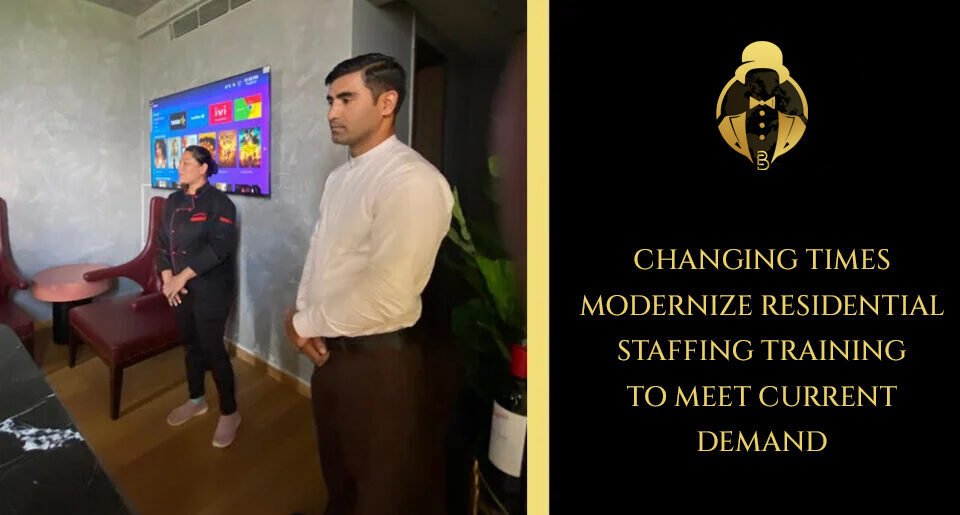


Because of demographic shifts, technological advancements, and shifting societal attitudes, residential staffing services are in high demand in today’s rapidly changing world. This necessitates a more modernized approach to residential staffing training in line with current workforce and resident demands. This blog will look at the need to adapt and modernize residential staffing training programs to ensure they are effective, relevant, and capable of meeting the evolving needs of the industry and stakeholders.
Training methods have changed dramatically since the advent of technology. Online training modules, virtual reality simulations, and mobile learning apps can improve the accessibility and efficiency of residential staffing training. Employees can train at their own pace and convenience, making the learning process more flexible and personalized.
Comprehensive modules on diversity, equity, and inclusion should be included in modernised training. Residential facilities frequently serve a diverse population, necessitating a thorough understanding of various cultures, backgrounds, and identities. Diversity and inclusion training fosters a culture of empathy and respect among employees, resulting in more harmonious and effective care environments.
There has been a significant increase in public awareness of mental health issues in recent years. Residents with mental health issues are frequently encountered by residential staff. Modules on recognizing signs of mental distress, de-escalation techniques, and how to provide appropriate support should be included in modern training programs.
The example of updated training guides us toward a future where excellence and adaptability reign supreme in the rapidly changing landscape of residential staffing. As humans navigating these turbulent times, we are not only observers but also active participants in the transformative journey of caregiving.
Modernizing residential staffing training is an essential move toward meeting today’s ever-changing demands. Accepting diversity and inclusivity, as well as prioritizing mental health training, are critical in providing residents with the highest quality of care and service. The residential staffing industry must adapt and evolve over time in order to provide a higher standard of care that meets the needs and expectations of the communities it serves. Modernization brings us into a future in which our service is exceptional founded on empathy, knowledge, and an unwavering desire to make a positive difference.